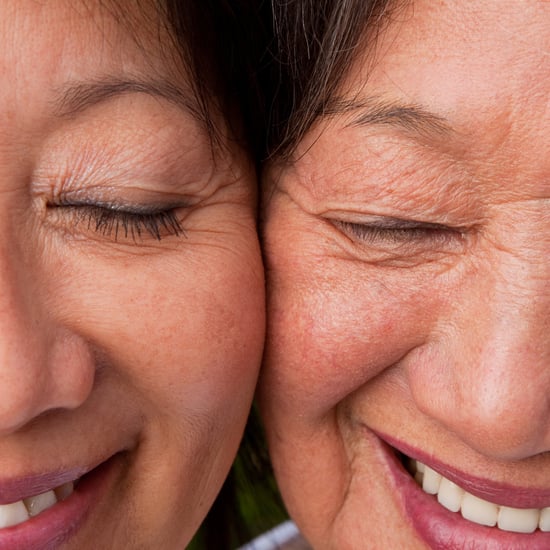Why You Should Use "I Statements" to Express Feelings
My Therapist Helped Me Have Better Relationships With Myself and Others With This 1 Sentence

Throughout my childhood and college years, I found myself in unhealthy relationships where I felt unloved and unimportant. Most of them entailed me giving more than I received and the other person disrespecting my boundaries. Some people also used me, engageing in dating phenomena like "breadcrumbing," where you string someone along with little effort and no intention of committing, and "paperclipping," where you randomly and repeatedly pop up in someone's life after ghosting them just to build your ego. I put up with these behaviours and relationships because I was lonely and didn't know what to do. I always hoped the situation would improve, so I stayed.
When I'm hurt, I stand up for myself. I love myself enough to not put up with less than I deserve.
After expressing my pain in a therapy session, my therapist gave me some tough love that ended up changing my life. "We teach people how to treat us," she said. She continued to explain that when we show someone's behaviours are okay by not standing up for ourselves, they learn they can get away with their unhealthy behaviour. Positive reinforcement, or encourageing a behaviour by responding in the desired way, is a psychological concept that can play into this. For example, when a guy "paperclipped" me, I continued to respond to him even though he was using me and made me feel unhappy. Because he was getting what he wanted and I didn't tell him he hurt me, he probably assumed I was fine with the behaviour and figured he could continue to do it without consequences. Thankfully, I eventually learned what he was doing and stopped talking to him, but that took me a significant amount of time. While I believe abusive situations are much more complex than this, I saw the validity in what my therapist said about my behaviours in my non-abusive but still unhealthy relationships. I needed to communicate what bothered me and what my needs were if I ever wanted my relationships to improve.
In one sentence, my therapist turned my life around. Hearing her words was hard, of course, because I had to realise my fault in the situation and my responsibility moving forward. But thanks to those words and her support, I'm now in much happier relationships where I'm more communicative and know my worth. When I'm hurt, I stand up for myself. I love myself enough to not put up with less than I deserve. When people can't or won't meet my needs in our relationship, I focus more on other relationships — and I haven't looked back. And possibly best of all, I learned I can be assertive and still receive the incredible love I've always wanted. This has improved my relationships with both myself and others because I learned to acknowledge and respect my worth and needs while also communicating that with others. By doing so, I'm able to stay honest and true to myself.
One specific, helpful skill I used in teaching people how to treat me is called an "I statement." My therapist explained that "I statements" are a part of cognitive behavioural therapy (CBT) and look like this: "I feel _____ when _____ because _____." You can also tack on what you need from the other person in a second sentence. By wording how you feel in this way, your words come across less accusatory and they invite healthy conversation instead of a debate. As someone who hates confrontation and tension of any kind, using these statements comes more naturally to me and creates a calmer space.
I'll always encourage people to remember they deserve happy, healthy relationships because that's a message I needed after experiencing several relationships that weren't that way. I'll also always encourage CBT with a therapist, healthy communication, and self-love practices. Improving your relationship with yourself and others isn't easy and slips happen, but it's so worth it.







